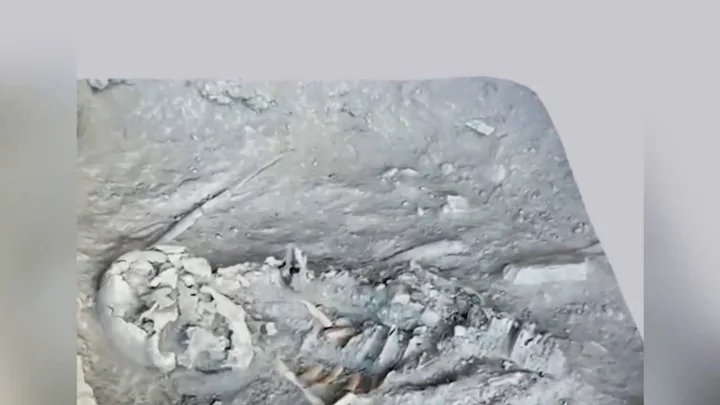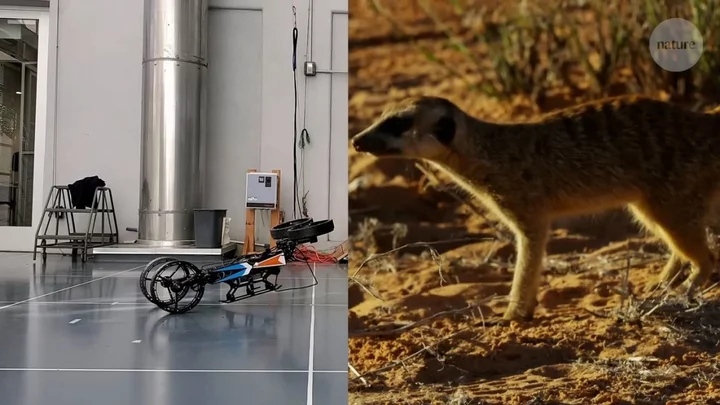The discovery of North America is synonymous with Christopher Columbus, but proof has been found confirming that the Vikings were there hundreds of years earlier.
Columbus is said to have “discovered the New World" in 1492 CE, but new analysis has suggested that the Norse people in Greenland were using wood from North America centuries before.
Research focused on timber used in Norse sites across Greenland which people lived in between 1000 and 1400. The findings show that some of the wood came from types of trees that were grown outside of Greenland.
One was the Jack pine, which is found in Canada.
Sign up to our free Indy100 weekly newsletter
Archaeologist Lísabet Guðmundsdóttir from the University of Iceland studied the timber and put across his findings in the journal Antiquity.
“These findings highlight the fact that Norse Greenlanders had the means, knowledge, and appropriate vessels to cross the Davis Strait to the east coast of North America, at least up until the 14th century,” the study says.
“As such, journeys were being made from Greenland to North America throughout the entirety of the period of Norse settlement in Greenland, and resources were being acquired by the Norse from North America for far longer than previously thought.”
It’s not the first time that it’s been suggested that Norse communities travelled to north America.
Italian texts from the 14th century contain references to Vikings making contact with Markland, which is believed to be on the Labrador coast in Canada.
The 13th-century Norwegian text called Konungsskuggsjá also referenced the fact that Greenland at the time wasn’t home to great abundances of natural resources, reading: “Everything that is needed to improve the land must be purchased abroad, both iron and all the timber used in building houses.”
Have your say in our news democracy. Click the upvote icon at the top of the page to help raise this article through the indy100 rankings.









